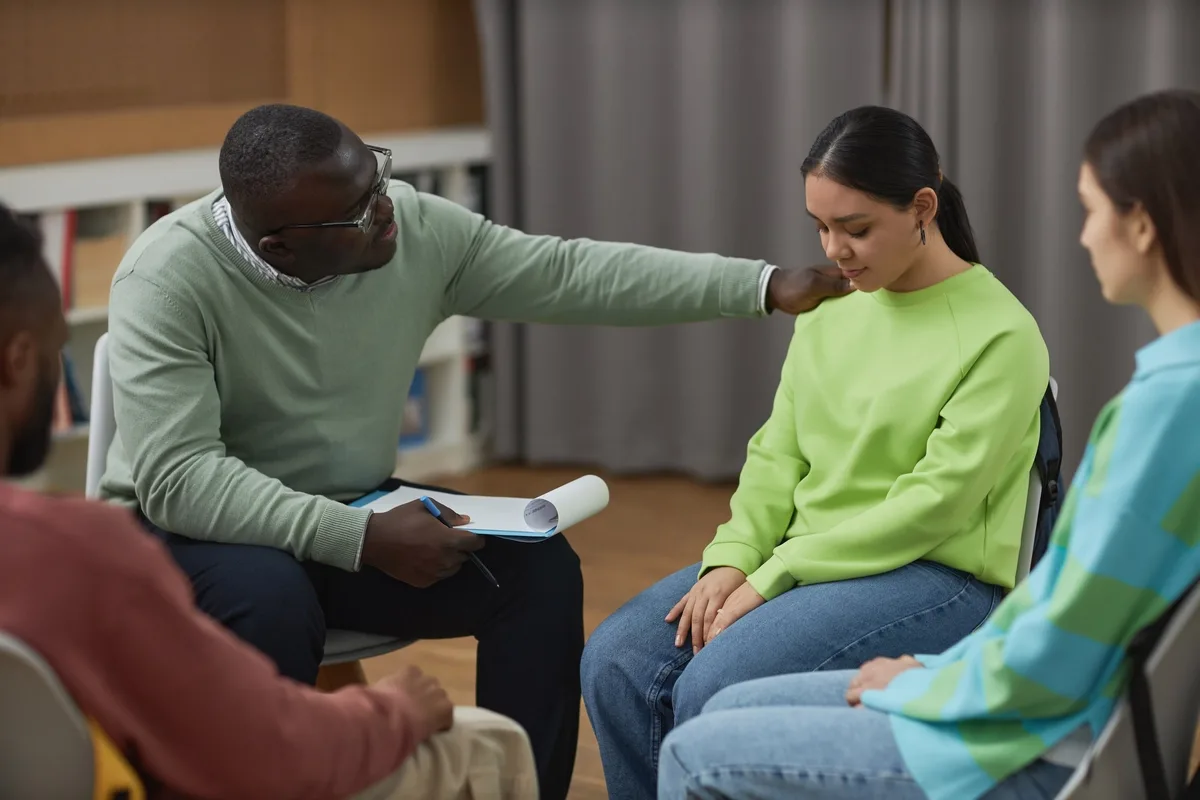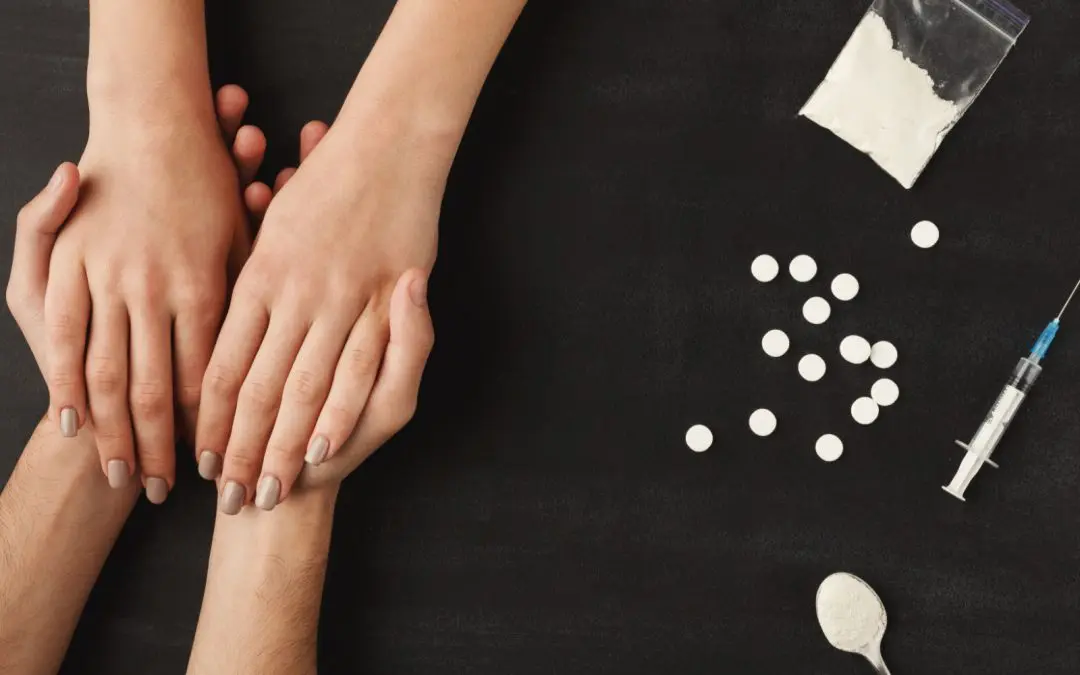24/7 Helpline:
(866) 899-221924/7 Helpline:
(866) 899-2219
Learn more about Individual Therapy centers in Highlands County
Individual Therapy in Other Counties

Other Insurance Options

Self-pay options

Premera

Absolute Total Care

Coventry Health Care

United Health Care

Excellus

Optum

Medical Mutual of Ohio

WellCare Health Plans

Carleon

Optima

GEHA

BlueCross

Kaiser Permanente

Regence

Ceridian

Humana

Providence

Access to Recovery (ATR) Voucher

MVP Healthcare

Next Generation Village Teen Drug and Alcohol Rehab
Next Generation Village offers a full continuum of care for youth, ages 13-17, who are struggling wi...

Tri County Human Services
Tri-County Human Services is a 55-bed residential facility for adults with co-occurring substance ab...

Tikvah Lake Recovery
Tikvah Lake Recovery is an extremely personalized six bed residential addiction treatment center. Ti...






























Tri County Human Services
Tri County Human Services, located in Sebring, Florida, offers behavioral health services to individ...

Peace River Center
Peace River Center is a non-profit rehab located in Sebring, Florida. Peace River Center specializes...

TheraCard
TheraCard is a private rehab located in Sebring, Florida. TheraCard specializes in the treatment of ...

Saint Josephs Addiction Treatment
Saint Josephs Addiction Treatment - River Road offers outpatient treatment for individuals with alco...

Solutions Counseling Center Hypnotherapy
Solutions Counseling Center Hypnotherapy is a private rehab located in Sebring, Ohio. Solutions Coun...

Turning Point Counseling Services
Turning Point Counseling Services specializes in the highest quality behavioral health care and subs...

































